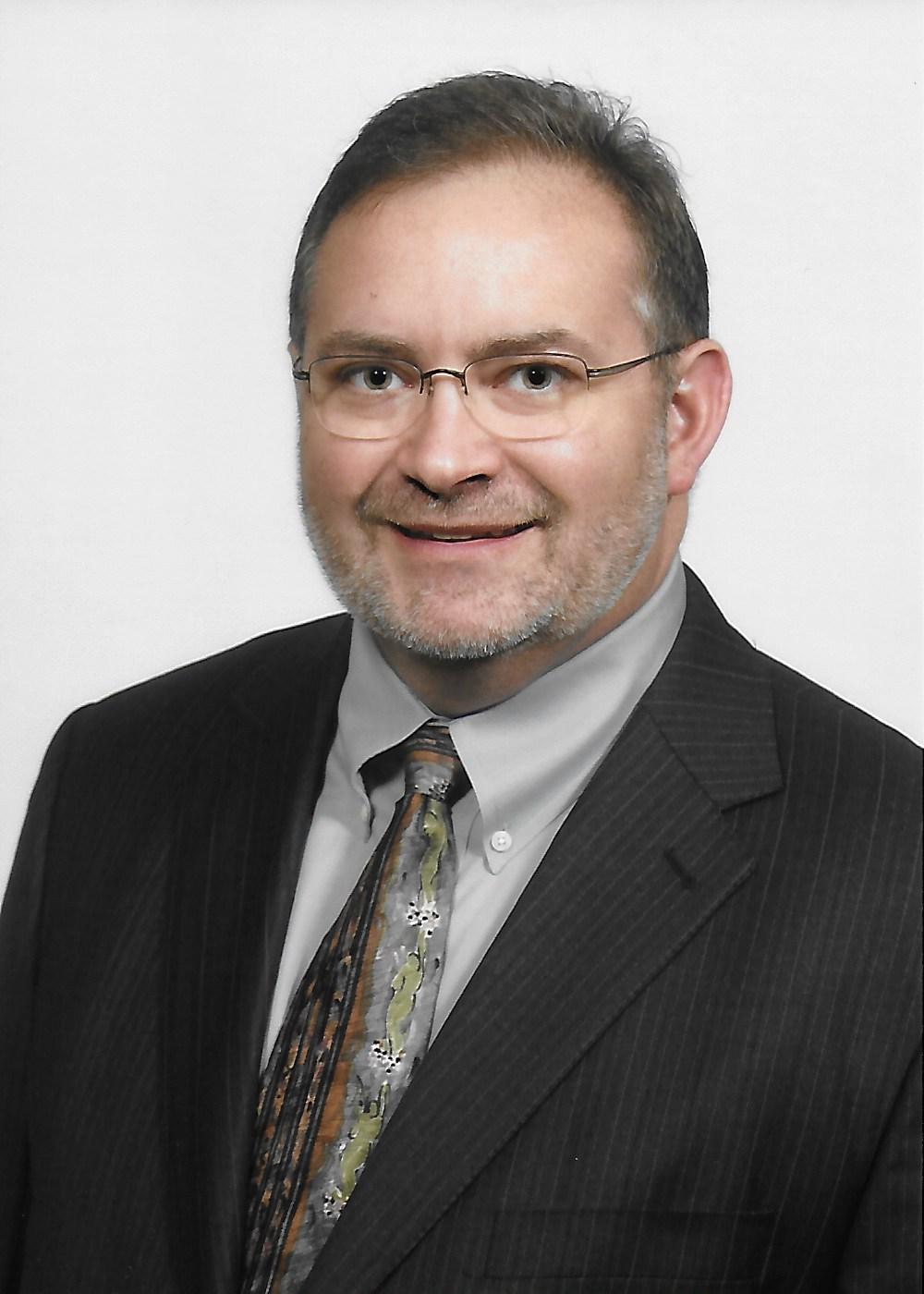Speaker's Bureau
 |
|
Other Programs
|
|||||||||||||||
|
Speaker Biography Dr. Kevin Huff, a general dentist in Dover, Ohio, is a sought-after lecturer on the topic of oral mucosal screening techniques and related risk management and dental ethics. He has lectured around the United States and in Canada and has published numerous articles in General Dentistry, Dentistry Today, Parkell Today, and Dental Economics, and has been interviewed for feature articles in Dental Products Report and Dental Economics. He holds the status of Master in the Academy of General Dentistry and has achieved the AGD’s coveted Lifelong Learning and Service Recognition (LLSR) award. He is a Fellow in the International College of Dentists and has been a Clinical Instructor in the Department of Comprehensive Care at the Case School of Dental Medicine in Cleveland for over 13 years. He is also the Coordinator of Oral Mucosal Screening for the Mercy Medical Center Dental GPR Program in Canton, Ohio, and is Visiting Faculty for Spear Education in Scottsdale, Arizona. A significant focus of Dr. Huff’s interest is the application of ethical norms in treatment planning and decision-making. He has authored several articles on topics related to dental ethics in diagnosis and treatment planning. His lectures reflect his ideals of how patients should be treated as he would like to be treated. Dr. Huff has used or currently uses any products or techniques that he discusses. Although he may receive partial sponsorship from some companies discussed or recommended, he has no financial interest in any of them. Dispelling Dysplasia in 2011 - (Half day lecture) Oral cancer is one of the most curable forms of cancer if diagnosed early. With early intervention, success rates are greater than 90%. When oral conditions are discovered and management occurs before cancerous lesions develop, prevention of oral cancer improves dramatically. Presently approximately 35,000 patients in the USA are diagnosed annually with oral cancer. The 5-year survival rate is only about 50-55%, attributing to more than 7,000 deaths in America each year. Some major contributing factors to the development of oral cancer include tobacco use, alcohol use, and exposure to the same strains of human papilloma virus that cause cervical cancer. Since nearly everyone has been exposed to one of these risk factors, routine oral cancer screening is essential. Early detection and intervention saves lives. The technologies of today and others that are still being developed are increasingly giving practitioners the ability to detect and diagnose potentially malignant conditions at the earliest stages. These sophisticated but simple to use diagnostic modalities range from specialized non-invasive direct optical fluorescence visualization technologies, like the VELscope®, to-easy-to-use minimally invasive tissue collection techniques designed for use by general practitioners. Early stage lesions are difficult to recognize with the human eye under normal examination conditions. These new technologies facilitate early diagnosis, possibly before lesions are even visible to the naked eye. They may become the new standard of care. There is an abundance of published research that makes one question the ethics of not being proactive in oral disease detection as early as possible, but the topic of adjunctive mucosal screening modalities remains controversial. New screening technologies are easily implemented by dentists and dental hygienists. Increased involvement in the oral health education and screening increases staff moral and overall practice growth. However, proper training is needed for proper and efficient implementation of new oral cancer screening protocols. This course is designed to review the need for oral cancer screening and to raise awareness of the adjunctive screening technologies that are currently available. Screening, diagnosis, documentation, and patient management are all important aspects of this process. This course will stimulate attendees to evaluate the importance of oral cancer screening in their own dental practice. Upon the completion of this course, attendees should be able to: • Understand current literature about oral cancer, systemic disease links, and screening technologies • Describe the elements of an conventional oral cancer screening examination • Recognize current adjunctive screening systems • Identify risk factors for suspicious oral lesions • Understand the science, technology and process of oral mucosal screenings utilizing direct optical fluorescence visualization techniques for oral cancer and potentially malignant disease NOTE: This is not a typical oral pathology course. The focus is on early identification of mucosal lesions. The management of definitive oral cancer is left to the role of qualified oral pathologists and oncologists. | |||||||||||||||||

